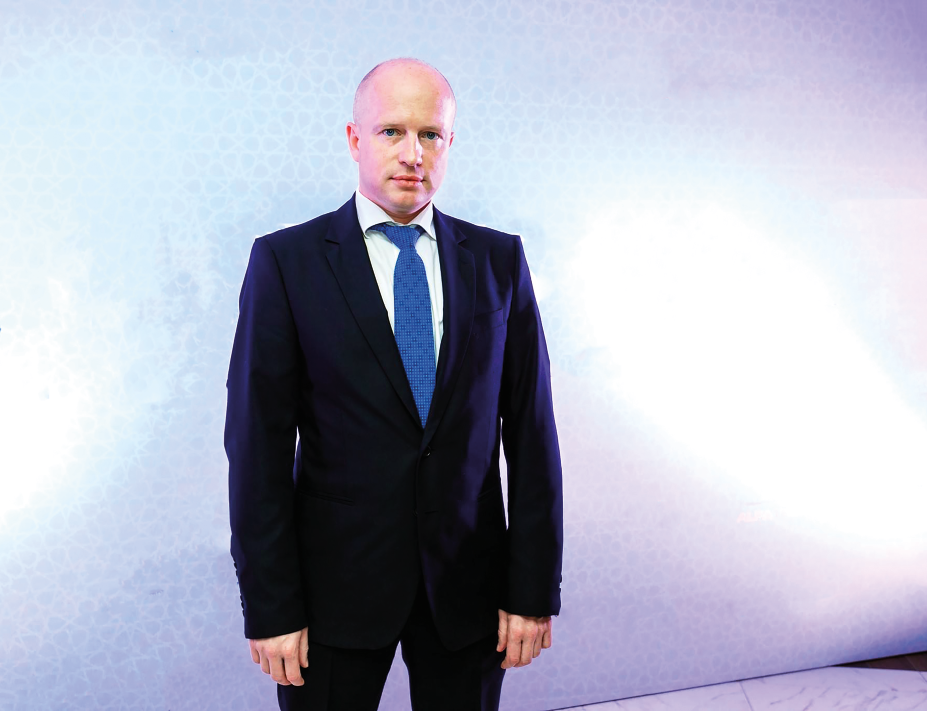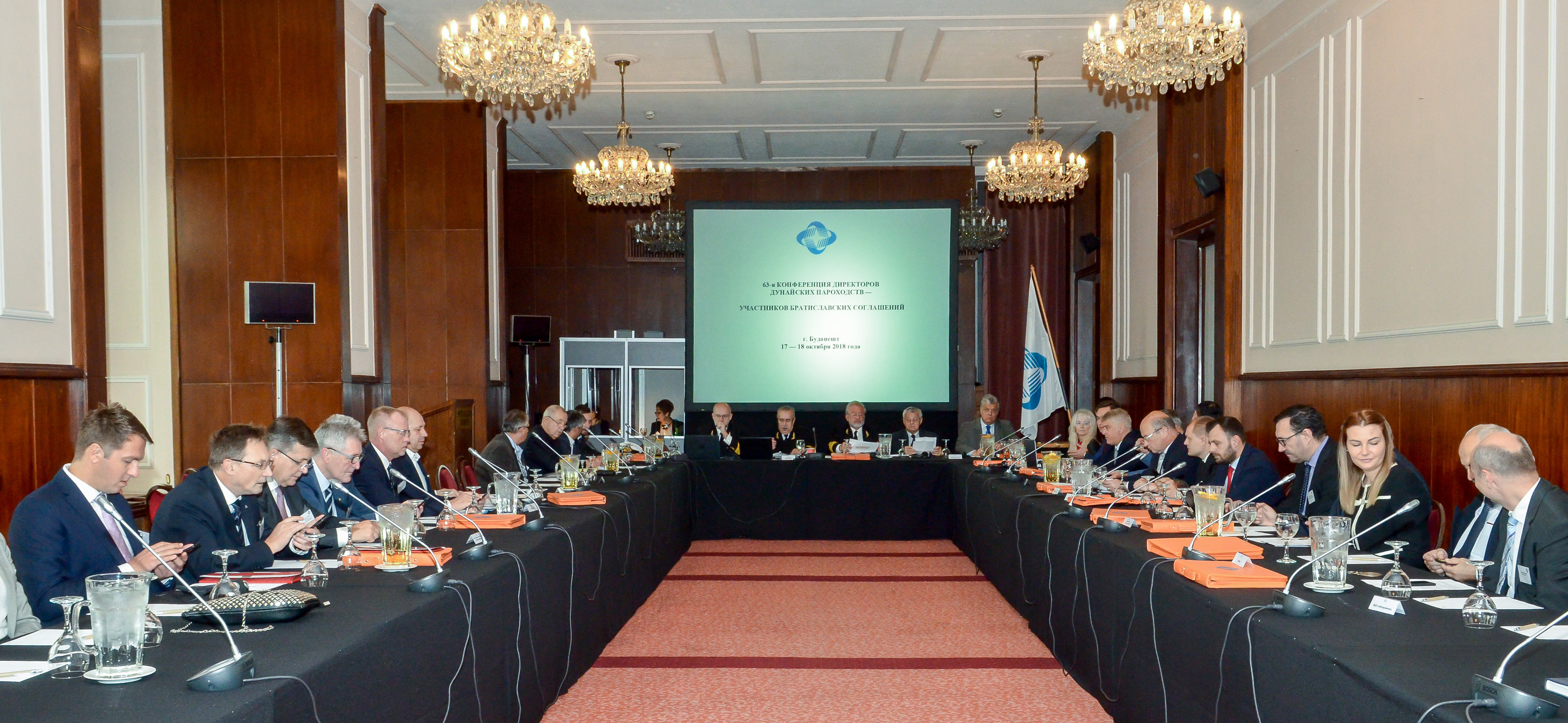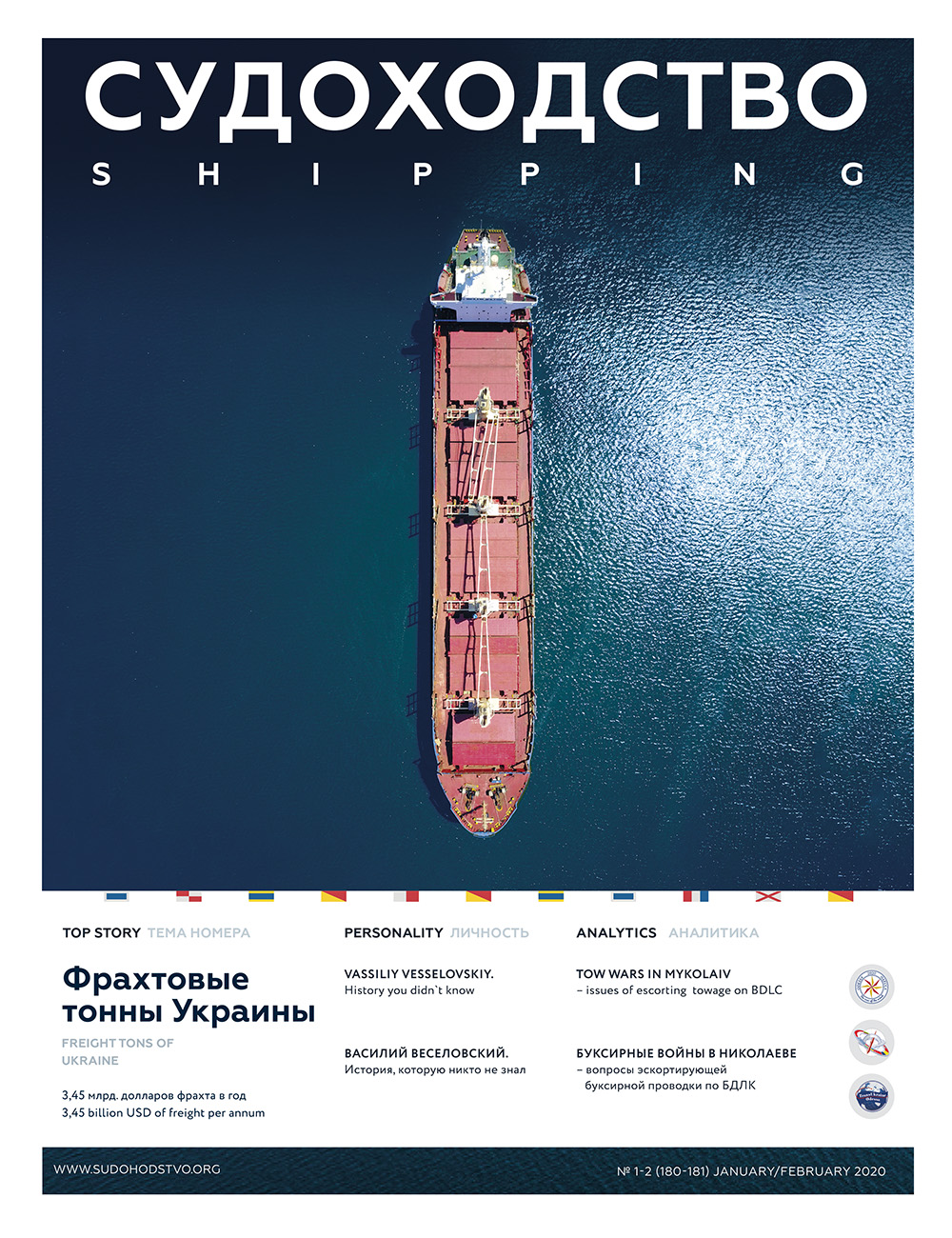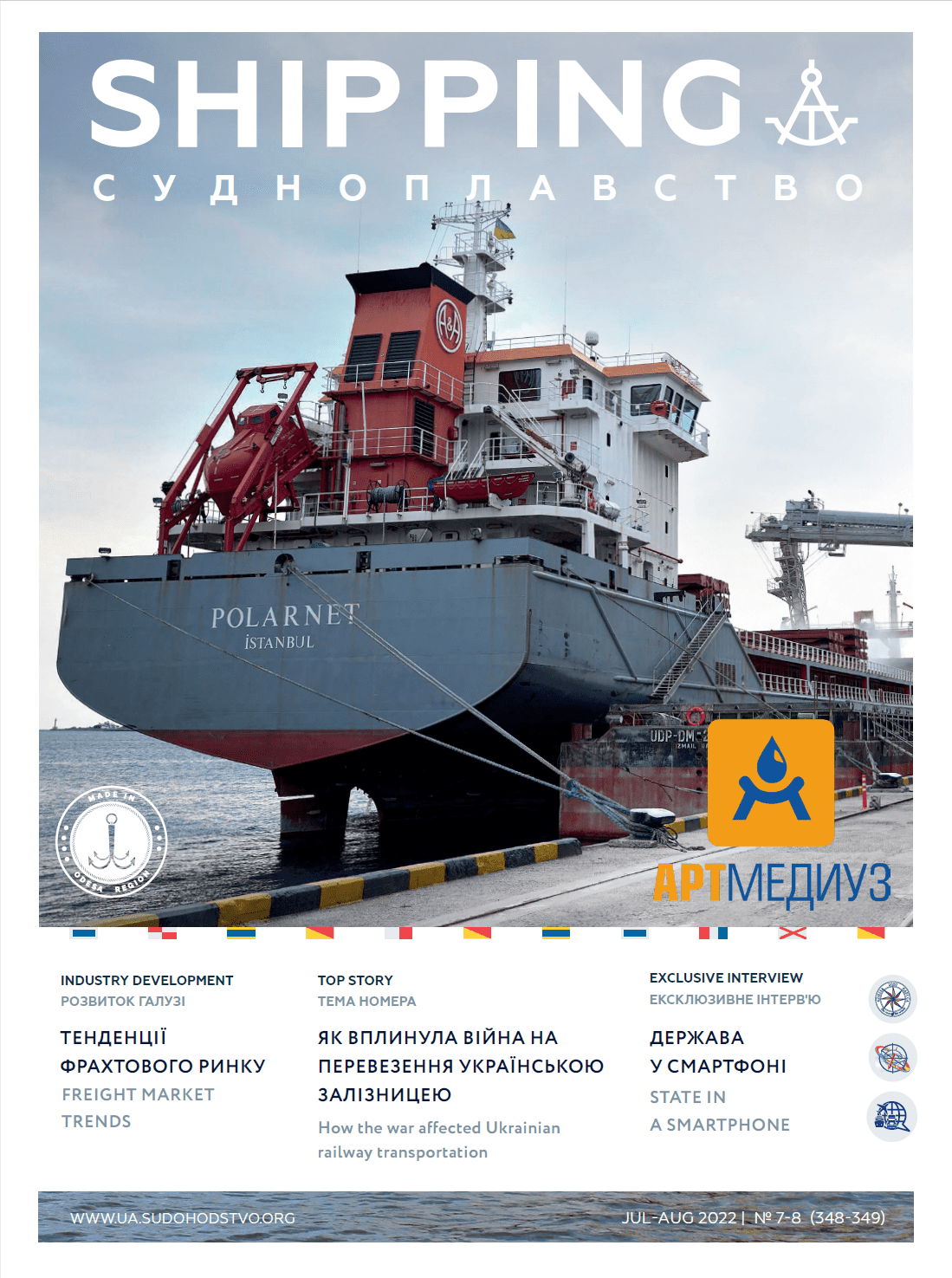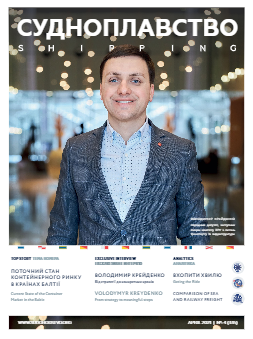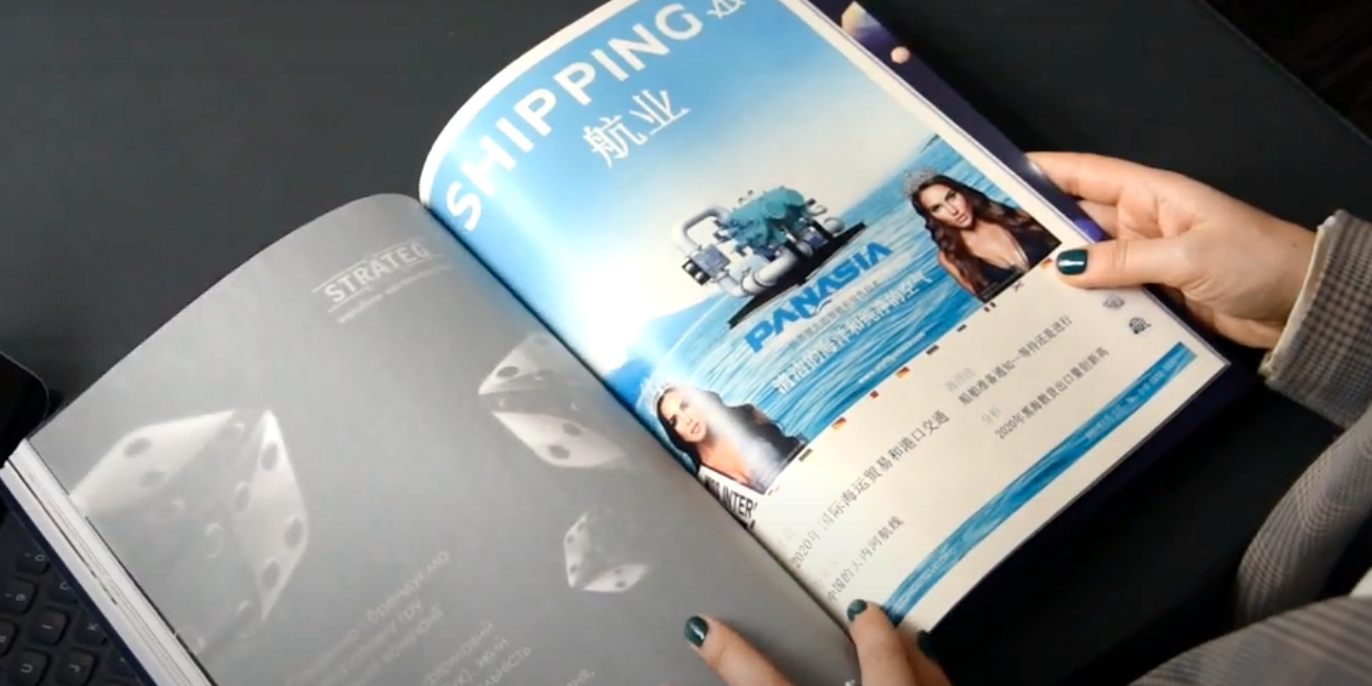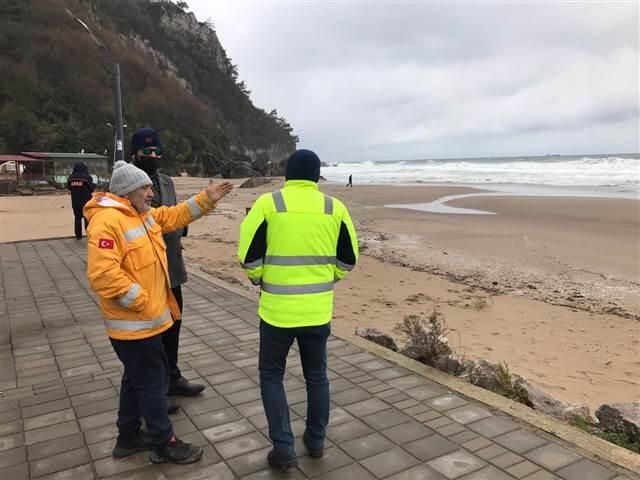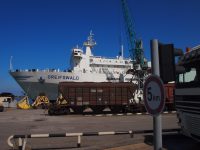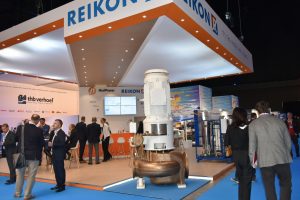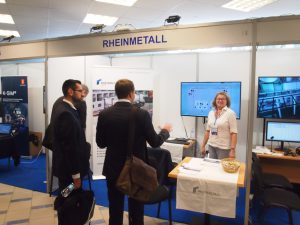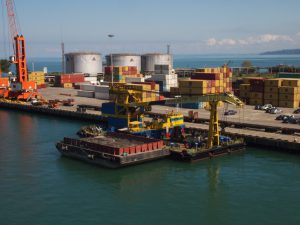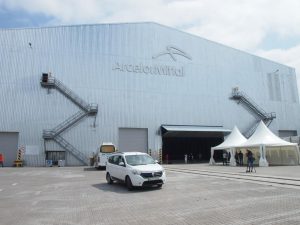Vladislav Kitik,
Special correspondent
The accounting meeting of the Association of Ukrainian Ports Ukrport coincided with such an important economic event for the country as the recently adopted budget. In this document, the parliament has made a separate line of financing for the future Maritime Administration.
Third attempt …
The industry chronicle remembers the existence of the two previous maritime administrations (MA) that have given up their work to other governing structures. Once again, create a MA is an IMO requirement. And since it is obligatory for implementation, the Marine Development Concept until 2030 introduced that the Maritime Administration will be the central executive body in the industry.
So — the third attempt! Will the new MA become the flagship of the industry reform? If counted from the moment the Law on seaports was issued, the process of its transformation lasts 4 years. But so far the current situation gives rise to a critical view on the state of affairs in Ukrainian ports.
The dilemma to be or not to be for MA has disappeared! But the sea sickness of long debates and unjustified reorganizations, after years, has given a complication. It is that in the system of transport management there are almost no experienced marine specialists. And now the council of elders of Ukrport is trying to determine if the Maritime Administration exists, then — what?
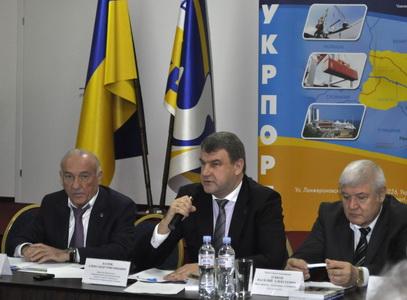
One day partners, another day competitors
According to the remark of the president of the Ukrport Association, Yuri Kruk, the specificity of MA formation in Ukraine, unlike European examples, is the presence in the maritime area of more than 30 large state-owned enterprises. We cannot dismiss this because they operate the financial resources of more than 50 billion hryvnia. In particular, state ports must survive in the world market. And, therefore, they are subject to the need to manage this money no less flexibly than private enterprises manage their assets. They are partners, but also competitors. Maneuver between interests and benefits, between tasks and the possibilities of their implementation, between reasonable tariffs and the temptations of dumping may be possible for MA.
Agreeing with this, in September 2017, Prime Minister of Ukraine Vladimir Groisman confirmed that such a body is necessary, and the last date of its appearance is August 2018. In this regard, however, the head of the department of reform and functioning of the sea and river transport of MIU Alexander Basyuk expressed his support for the creation of MA.
Money in a box is not money
Speakers also put forward a topic of MA become privatization. As it turned out, the Ministry of Infrastructure does not give a direct answer to the question of why 4 billion hryvnia are not being invested in capital investments allocated to seaports. For example, funds for dredging are extremely needed. The depths of the fairways and moorings do not correspond to those declared in passports. Ports lose the declared ability to receive large-capacity vessels with a large draft and, as a consequence, lose cargo flows and of course profitability.
So, according to the Association, the unprofitable Mariupol port for this reason is estimated at about 20 million hryvnia per month. According to the director of the Izmail Sea Port, Andrei Erokhin, it is no better on the Danube, where it is necessary to drag ships from the quay to the berth several times during the loading. Practitioners are at a loss: why complain about the lack of investments when there are amounts in the branch money box, which, by appointment, can safely start up motivated negotiations with the holder of the capital.
If this money is in the industry turnover, it would also be possible not to depend on the IMO audit. And do not state that Ukraine has not implemented 44 documents of this organization, the demand for which should begin in the summer of 2018. Among these documents, for example, STCW is the International Convention on Standards of Training, Certification and Watchkeeping of Seafarers, without which it is very difficult for Ukraine to qualify for the title of a naval state.
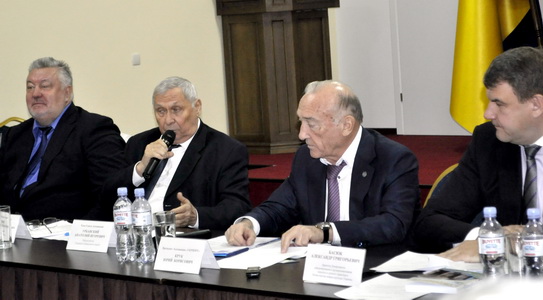
Not everyone hurries to change
The existence of MA is also seen in parallel with the reorganization of the Ukrainian Sea Ports Authority. Here, in the opinion of the members of the Association, there is also no script of change.
One of the reasons is the inherent problem of the distribution of property between two neighboring structures: the superstructure in the person of the USPA and directly port workers (workers of the state enterprise). The meeting of the Ukrport Association once again stressed the need to share the administrative and economic functions of USPA. Maybe the new MA will be able to do it?
The decision proposed in this connection by Vasily Kapatsina (in the past — the head of the Mikolaev seaport) may seem the shortest and most effective way of approaching the systemic investment development. According to him, an almost economic panacea for ports is their privatization. He even allows in the form of an independent solution such an aspect as the privatization of port facilities. Also, an interesting option is, according to V. Kapatsina, concession. But Maitre’s statement did not give rise to a discussion, because during the 7 years of discussion of this version everyone was already full of conversations, as the results had not followed.
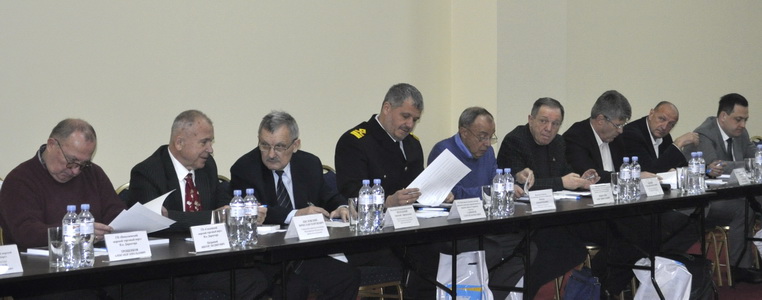
«Yes» means «maybe» in diplomacy
The stumbling block to the port reorganization is the issue of the division of land resources between USPA and SE: land and property are the basis of all reform! And in general, the correct theoretical message does not exclude contradictions and inconsistencies. For example, the Honorary President of the Odessa Port Nikolay Pavlyuk noted that the Maritime Administration is created in violation of the Law on Seaports.
According to Viktor Ilyin, General Director of the Ukrport Association, in today’s situation it would be useful to regulate state and stevedoring activities in relation to the peculiarities of each port. But you cannot write your own law for each of them!
The appearance of the Maritime Administration will be justified if it is given the right of centralized management in the port area. But this step is somewhat dissonant with the government’s decision of decentralization.
At the same time, the topic of the structural affiliation of captaincy was touched upon. The proposal to withdraw it from USPA economic system was followed by a question: which system will it take?
Briefly, here, as in diplomacy, where each statement is followed by doubt, whether the promised will be fulfilled exactly?
In addition, the frequent change of managers in the maritime industry results in the fact that the successor denies the beginnings of the predecessor, and as a result, there is no demand for anyone. Now MIU wants to have full-fledged leaders at the helm, abandoning the tendency to see them as acting heads. Probably, this will be the first step from reasoning to actual changes. In any case, the functions and powers of the Association are not to solve the key issues of the industry, but only to raise the problem.


